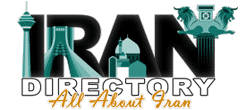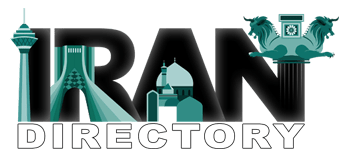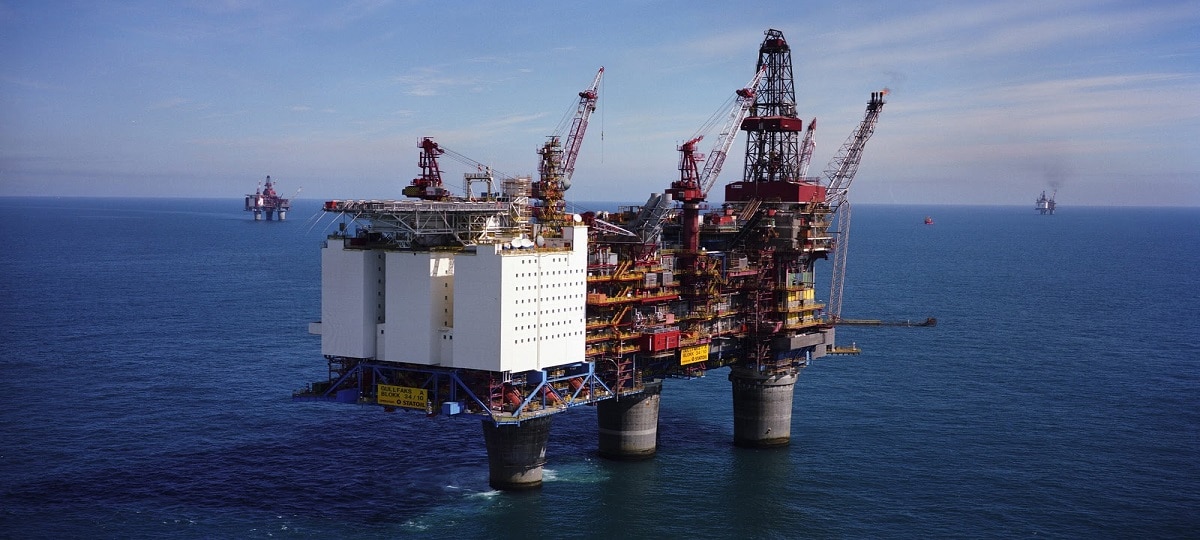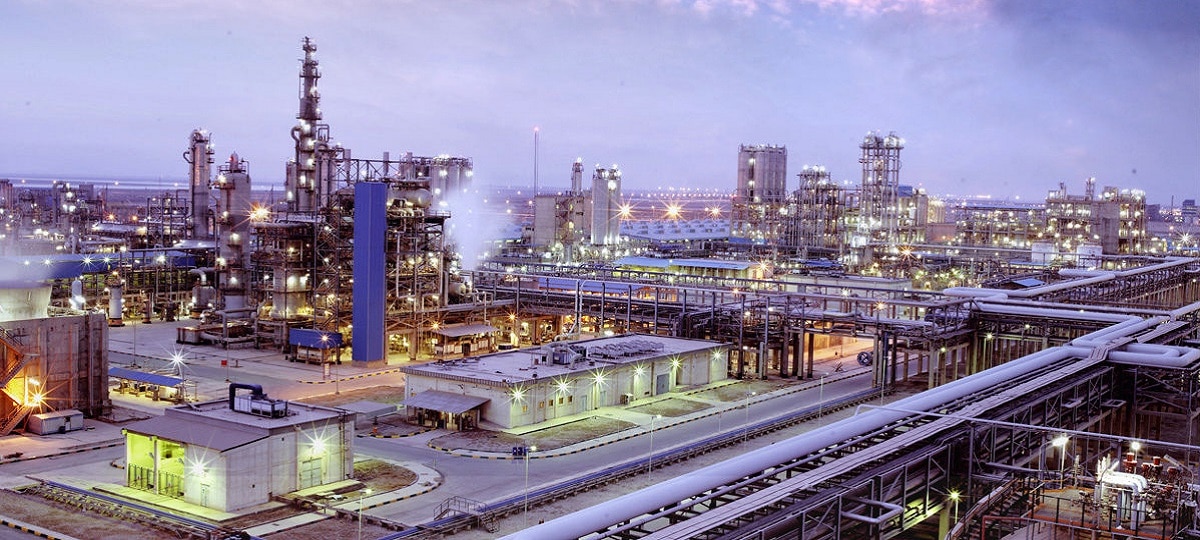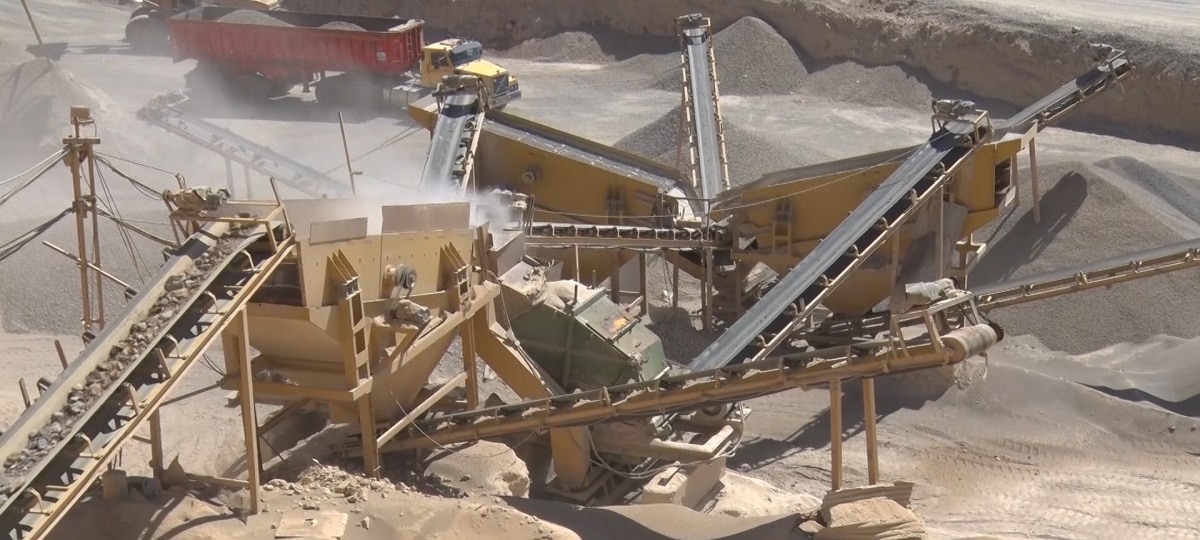After nearly 48 years, the new law on foreign investment in Iran under the name of “Foreign Investment Promotion and Protection Act” (FIPPA) was ratified by the Parliament in 2002. FIPPA replaced the Law for the “Attraction and Protection of Foreign Investment” which was in effect since 1955. FIPPA’s replacement of LAPFI has further enhanced the legal framework and operational environment for foreign investors in Iran.
Some specific enhancements introduced by FIPPA for foreign investrnents in Iran can be outlined as follows:
- Broader fields for involvement by foreign investors including in major infrastructure;
- Broader definition given to foreign investment, covering all types of investments from “Foreign Direct Investment” (FDI) to different types of project financing methods including “Civil Participation”, “Buy Back” arrangements, “Counter trade”, and various “Build-Operate-Transfer” (BOT) schemes;
- Streamlined fast-track investment licensing application and approval process;
- Creation of a one-stop shop called the “Center for Foreign Investment Services” at the Organization for investment, Economic and Technical Assistance of Iron (OIETAI) for focused and efficient support for foreign investment undertakings in Iran;
- More flexibility and facilitated regulatory practices for the access of foreign investors to foreign investors to foreign exchange for capital transfer purposes;
- Introduction Of new legal options governing the government investor(s) relations.
It should be stressed that FIPPA is a significant complement to a whole host of reforms taking place in Iran´s general macroeconomic framework and structural mechanisms. These economy-wide reforms are intended to stimulate and benefit both foreign and local investments.
Some key elements of economic reforms include:
- The introduction of a new tax regime with a single and competitive flat tax rate of 25% and a range of exemptions for manufacturing enterprises and total exemption for export-generated revenues
- Elimination of a wide range of non-tariff barriers and further liberalization of the foreign trade regime
- Creation of several private banks and other private non-banking credit institutions
- Unification of the foreign exchange rate and significant liberalization of the foreign exchange regime
- Legal reforms for the establishment of private insurance companies
- Continued emphasis and progress on the privatization of state-owned enterprises including public sector banks
The full range of reforms and improvements in Iran’s economy, particularly those focused on the attraction and support of foreign investments, has increased the challenges and opportunities facing the management and staff of OIETAI. As the official authority in charge of foreign investment in Iran, OIETAI renders its utmost to ensure that the economic and legal reforms are translated into a growing record of foreign investments in Iran. Furthermore, in acknowledging a dynamic and fast changing global economic and business environment, we shall also ensure that foreign investors continue to enjoy competitive and efficient incentives in order to select Iran as a long-term investment platform in the dynamic global economy.
To know more about the law and regulations of investment in Iran see the below page:
This post is also available in:  中文 (Chinese)
中文 (Chinese)

